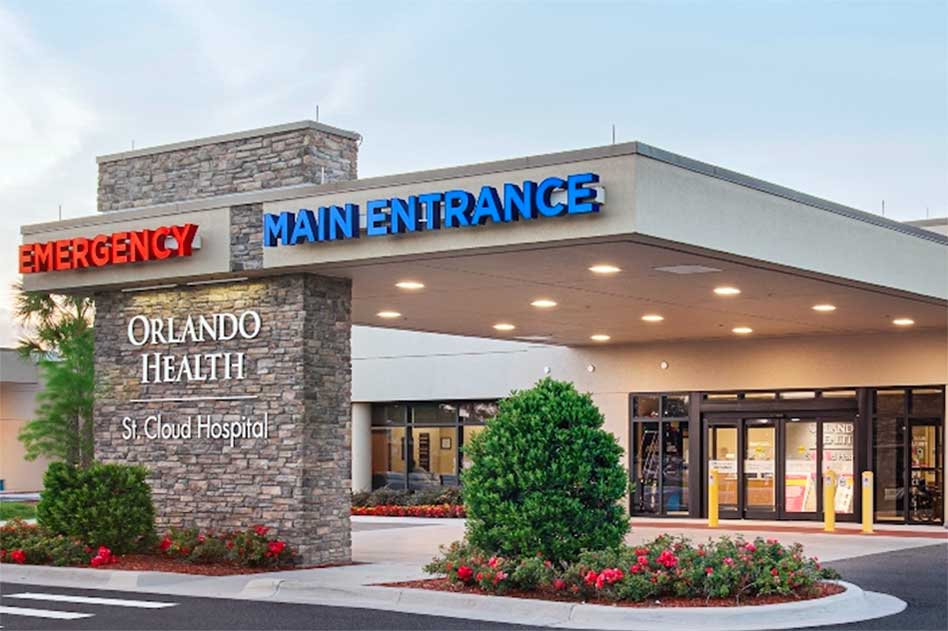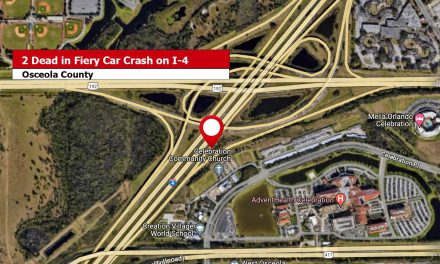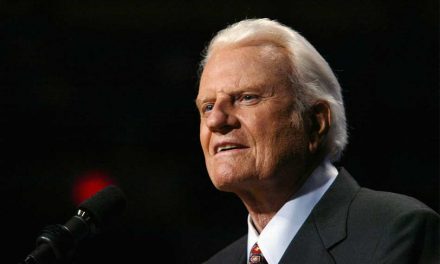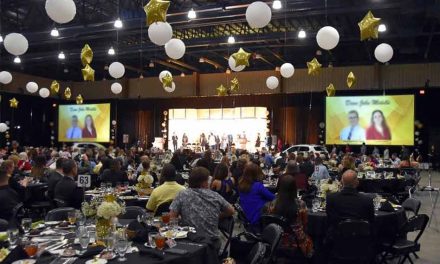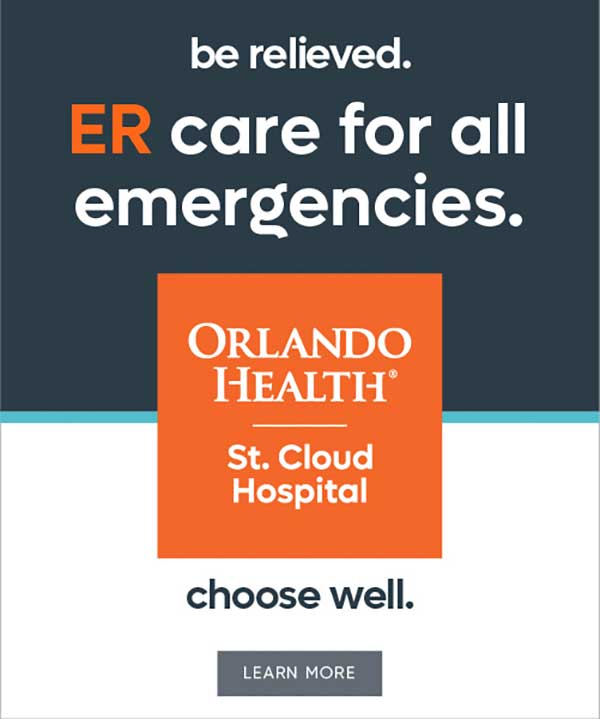Orlando Health St. Cloud Hospital will begin using defibrillators with an enhanced energy shock capability that can improve the odds of reviving difficult-to-defibrillate patients who experience sudden cardiac arrest.
The automated external defibrillator (AED) can deliver up to up to 360 joules when low-energy shocks fail to resuscitate a patient. Joules is the amount of energy needed for an AED to properly defibrillate someone.
The biphasic defibrillator sends the energy current in two directions: it travels to the heart and back through it a second time as it returns to its source.
“This defibrillator gives our team the ability to deliver more powerful energy, and this saves lives,” said Joel Santora, MD, MBA, critical care physician & chief quality officer, Orlando Health St. Cloud Hospital.
The defibrillator detects and analyzes the heart’s rhythm and can sense if a shock is needed through electrode pads placed on the patient’s chest. It can help correct an arrhythmia – an irregular heartbeat – and restore a normal heartbeat if the heart suddenly stops beating.
The device also calculates SpO2, the measurement of blood that is saturated with oxygen, and ETCO2, the level of carbon dioxide released at the end of an exhaled breath. There is an alarm that occurs when 30 seconds have passed since a patient’s last detected breath.
The defibrillator is able to stream a patient’s vital signs, waveforms and other critical data to the hospital for valuable insights throughout the patient’s journey.
“These additional features are cutting-edge technology to enhance the cardiac care for our community,” Santora said.

